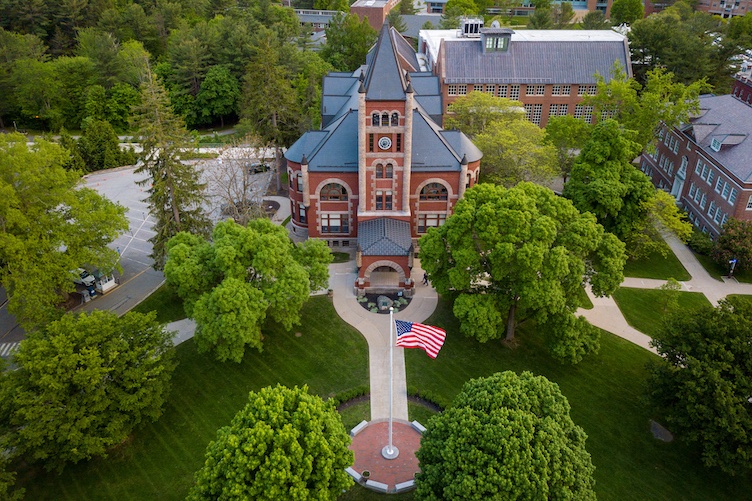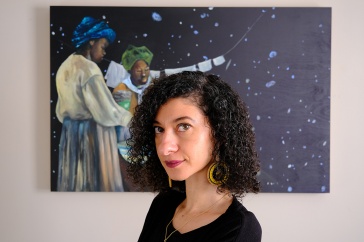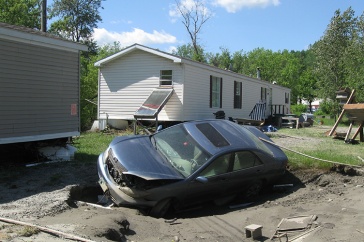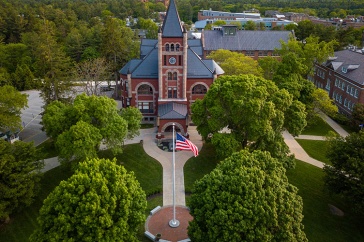
Two UNH faculty members recently accepted Fulbright U.S. Scholar Program awards for the 2024-2025 academic year from the U.S. Department of State and the Fulbright Foreign Scholarship Board, granting them the opportunity to complete research internationally.

Bolivar (Boli) Reyes-Jaquez, assistant professor of psychology, will be conducting research on the development of leadership-related gender stereotyping in Kyoto, Japan, while Wilfred Wollheim, professor of natural resources and the environment and co-director of the Water Systems Analysis Group, will be visiting the Spanish National Research Council’s Blanes Center for Advanced Studies to research a project titled "River ecosystem capacity to improve water quality in Spain."
Heidi Asbjornsen, professor of natural resources and the environment and program coordinator for forestry, was also offered a Fulbright award, but was unable to accept.
The Fulbright is a prestigious recognition. Notable Fulbrighters include 62 Nobel Laureates, 89 Pulitzer Prize winners, 80 MacArthur Fellows, 41 heads of state or government and thousands of leaders across the private, public and nonprofit sectors.
Reyes-Jaquez’s work in Japan will include experimental study designing, RA training, data collection supervision, data cleaning and analysis and a write-up of findings. Among the things he is most looking forward to is an opportunity to learn more about Japan, its culture and its people. But he’ll also have a chance to experiment with cutting-edge methods and equipment, including near-infrared spectroscopy.
“I’ll have a chance to increase inter-institutional collaboration, conduct cross-cultural research and learn new techniques,” he says.

Wollheim plans to work with researchers at the Blanes Center to develop, test and apply generalizable approaches for understanding the ability of river systems to improve water quality. The hope is that findings “will allow environmental managers to prioritize where and what types of watershed mitigation activities should occur to improve water quality,” he notes in the project abstract.
“I am looking forward to learning more about Spanish river ecosystems, the interactions between people and freshwater, and working with colleagues at my host institute who have overlapping interests,” Wollheim says. “I also very much look forward to living in Blanes and experiencing life there.”
The work will give Wollheim an opportunity to explore his research in a fresh environment while also expanding his professional network.
“It will allow me to broaden my experience of how rivers work in a different climate than where I have worked before,” he says, “and I hope to develop new collaborations with colleagues in Spain.”
Since 1946, the Fulbright Program has provided more than 400,000 students, scholars, teachers, artists, and professionals of all backgrounds with the opportunity to study, teach, and conduct research abroad. More than 800 individuals teach or conduct research abroad through the Fulbright U.S. Scholar Program annually.



















































